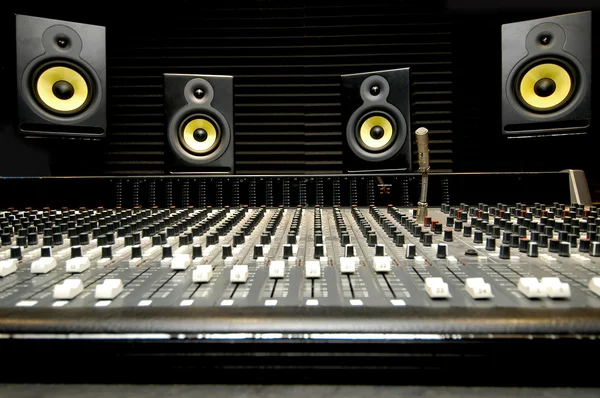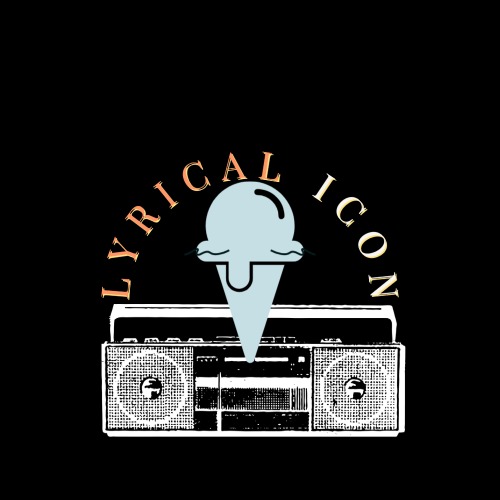
Similar Posts

MUSIC AND CONFLICTS IN THE UGANDAN INDUSTRY.
Fighting and Conflicts The Uganda Music Industry was rocked by One of the most heated conflicts involving a new kid…

THE FUTURE OF MUSIC MARKETING
Music Marketing; Music marketing is the process of promoting and selling music to potential listeners, fans, and customers. It involves…

Music Industry Insights: Breaking Down the Latest Trends,”
Music Industry Insights: Breaking Down the Latest Trends: The music industry is constantly evolving and adapting to new technologies, consumer…
NEW CLUB BANGER ”RISKY.”
Another One Off-Shelf Limitless Releases a New Club Banger Tittled ”RISKY” and Is So Excited Upon His New Song. Already…

MUSIC DISTRIBUTION IN UGANDA AND EAST AFRICA
Background to Music in Uganda and East Africa Music is an integral part of the culture and identity of Uganda…

THE EVOLUTION OF GOSPEL MUSIC IN AFRICA, CHALLENGES AND THE ROLE OF THE CHURCH.
ByApostle
Gospel Music Gospel music is a genre of Christian music that originated in the African American churches in the United…
